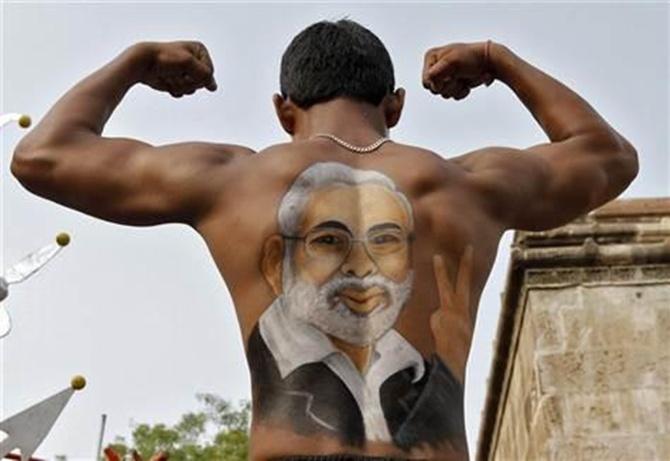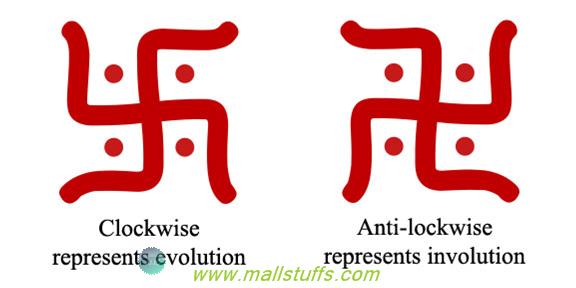As the one of India’s very ordinary citizens,
the intricacies of governance is a little beyond me, as it must be amongst the vast
population of the country. The Supreme Court’s response last week to a petition
against tainted ministers caused a stir in political circles, and some lawyers
termed it overstepping jurisdiction. I
hoped it was a ruling dramatic enough to shake the country out of its stupor.
In the Indian Parliamentary system, the Constitution
clearly and ingeniously separates the powers of the legislature, the executive
and the judiciary. Like an equilateral triangle of power, each has pole
position, and is a counter to the others. Their equidistance is a democratic
necessity, maintained by check-and-balance to prevent the usurpation of
power by any one, or connivance of two against the third. Nobody guards turf
better than the members of the tripartite. They do not have to agree,
and so, with metronomic regularity, they flex muscles to prove they do not. But
in this case, certain politicians applauded the Court’s stand, which is
a bit unusual.
A public interest litigation was filed some ten
years ago (against ministers of the last coalition government actually), asking
the Court to disqualify ministers involved in cases. As it happens, thirteen
ministers, almost a third of the present Administration, have lawsuits
pending against them; some named the accused in criminal cases. Granted
that at times, these may be frivolous, filed to create trouble, and that none of
the charges have yet been proven. And, that this stalemate may continue
for years, because delays in Court are easy to obtain by filing appeal after
appeal. The point is we, of the almost silent majority, are tired of
political sins, real or imaginary, being swept under the carpet of expediency.
On the campaign trail several months ago, news channels
reported statements the Prime Ministerial candidate purportedly made, and I
quote:
Just give me one chance to
clean the system. I will set up special courts under the supervision of the
supreme court to try all the tainted MPs and MLAs, that too within [a] one-year
time limit. After one year, those who are guilty will go to jail.
These impressive words must have contributed at least
a smidgen to his attaining office with sweeping majority a short time later. We
are now well into the “one-year time limit” delineated. However, in the months
that have passed since then, there has been a profound executive silence
on the matter.
The question often raised is that should the country
meanwhile be deprived of the talents of the ministers in governance? In this
there are no global cultural differences! The identical equation of worth is
brought up whenever an incumbent is caught out or indicted for corruption of
one type or another anywhere in the world. The standard of personal integrity
should be held high and uncompromising, because the public arena is such
a minefield of temptation. Power corrupts, said Hobbs so many decades
ago, and absolute power corrupts absolutely. The executive body knows,
as does each member of the judiciary and the legislature, that thence, they are
called to be above reproach.
The flawed character is prone to deviousness to cover up
their lacks of honour, merit and commitment. Neither is there the moral
centering and self-control needed in the job; they repeatedly falter, or take
the easy way out, and then expect protection of the Institution. Its veil of
immunity is probably what they count on, because surely they are well aware of
the outcomes of indiscreet or corrupt activities.
That quality of person has no business being there in the
first place, and should indeed be kept out. This nation has survived more than
five thousand years without their inputs and certainly can manage further. Yes,
some have been falsely accused. They should have the grit to ride out the
storm, and return exonerated, elevated to spotless in the eyes of
the nation. Few though, can resist the lure of the kursi (chair)!
I couldn’t figure where the Bench had overstepped its
bounds in this particular case of public interest. Fact is they actually declined
disqualification, and no surprise then that the politicians applauded! The
Court claimed no Constitutional provision for it; it would tantamount to
crossing the boundaries of judicial review. However, there was a sop
for the many, many in the country that had hoped for a definitive
directive. Politicians convicted and
sentenced are disqualified from elections, even if they are in the midst of
filing appeals. Miniscule though it is, perhaps it is a wiggle of change
in the right direction.
The 5-member Supreme Court Bench left the task of dealing
with tainted ministers up to the discretion of the Prime Minister, the
executive head of government. As reported in the news, and I quote, they
said:
The Prime Minister, while
living up to the trust reposed in him, would consider not choosing a person
with criminal antecedents against whom charges have been framed for heinous or
serious criminal offences or charges of corruption to become a minister of the
council of ministers… This is what the Constitution suggests and that is the constitutional
expectation from the Prime Minister. Rest has to be left to the wisdom of the
Prime Minister. We say nothing more, nothing less.
It is owed to the country. For decades we have waited for our political leaders to lead the country into the light, and almost every time, we have be left with disillusionment. But still we believe that change is right around the corner. Lest he forget, they have taken oath to bear true faith and allegiance to the Constitution of India and to discharge their duties faithfully and conscientiously. The time for talk is over; it is now time to execute. That is why he is in office - to do in letter and spirit of the Constitution. The country must now await the outcome of the executive decision. Will the homily be heeded? Or will political expedience trump personal integrity?




























